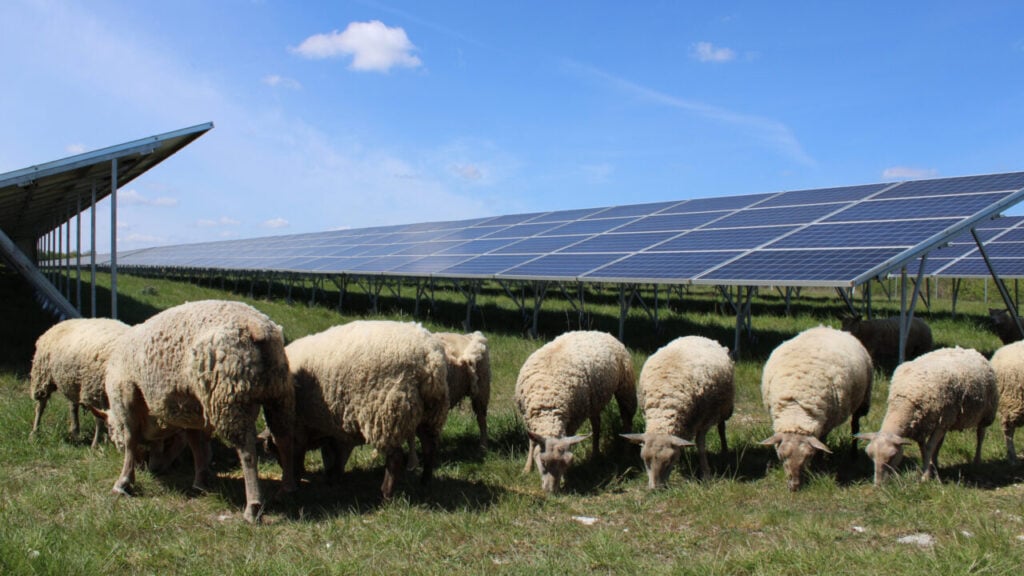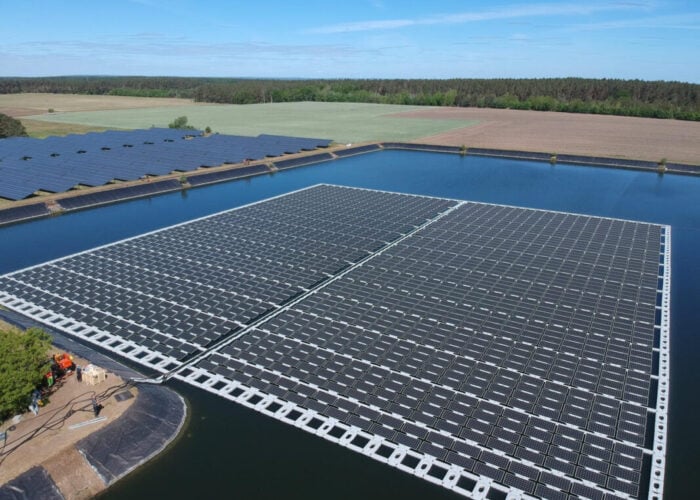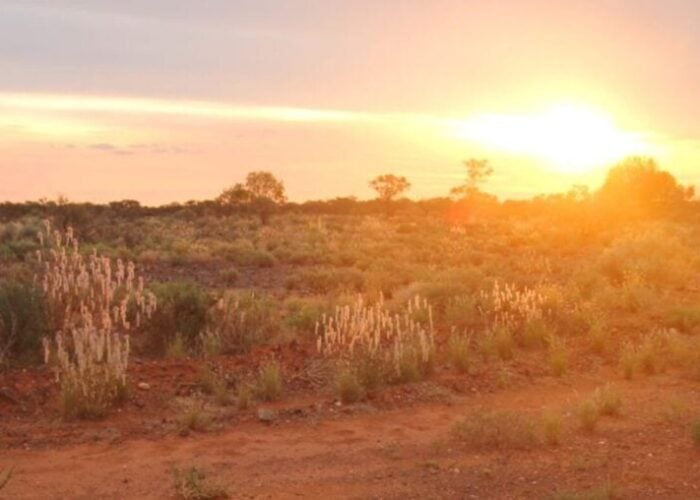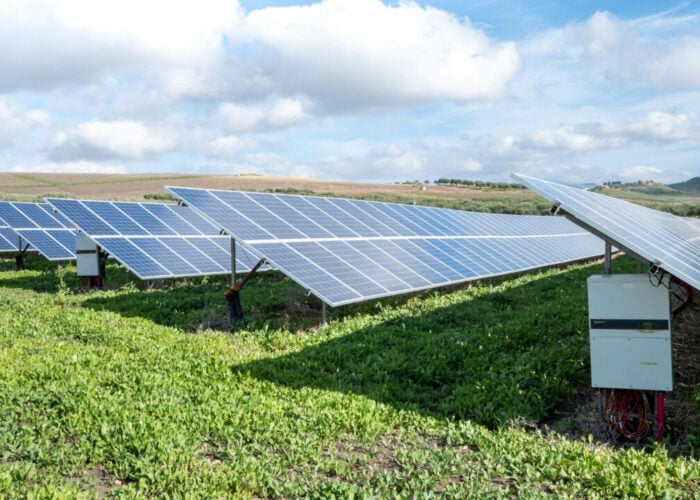
German energy company BayWa r.e. has completed the construction of five solar farms, with a combined capacity of 136MW, on two former military bases in France.
The portfolio is split across two regions. Two projects—dubbed Greenberry and Blueberry—at the former La Martinerie military base near Châteauroux, central France, have a combined capacity of 70MW. The remaining three projects, Fontenet I, II, and III, are located at the site of the former Fontenet military base in Charente-Maritime, on the west coast, and account for the remaining 66MW.
Unlock unlimited access for 12 whole months of distinctive global analysis
Photovoltaics International is now included.
- Regular insight and analysis of the industry’s biggest developments
- In-depth interviews with the industry’s leading figures
- Unlimited digital access to the PV Tech Power journal catalogue
- Unlimited digital access to the Photovoltaics International journal catalogue
- Access to more than 1,000 technical papers
- Discounts on Solar Media’s portfolio of events, in-person and virtual
The portfolios cover 150 hectares of land, and have been under construction for some time. Construction at the Fontenet I project began in 2014, and the completion of work is an important milestone for renewable developments in France, where a lack of available land has stifled clean power installations.
“This example for land rehabilitation as part of the energy transition represents yet another milestone for our innovative and local approach in France,” said Céline Tran, regional director of projects, Europe south-west, at BayWa r.e. “With a strong regional footprint, we are committed to creating positive impacts and benefits for the local community.”
As part of its land rehabilitation work, BayWa r.e. sought to implement protective measures for local flora and fauna. At the projects at the La Martinerie project, the company built what it calls “additional measures” to protect orchids on site, and constructed shelters for local reptile populations.
The co-location of solar power generation and agricultural and environmental protection is becoming increasingly common in the European solar sector, with Neoen and SNCF signing a power purchase agreement (PPA) for a 139MW agrivoltaics project earlier this summer.
This follows the publication of a report, last year, by the European Commission, which found that agrivoltaics deployments could exceed the entirety of Europe’s 2030 PV installation goals through deployments on just 1% of farmland, demonstrating the significant potential for agriPV to be used in regions with limited available land.







